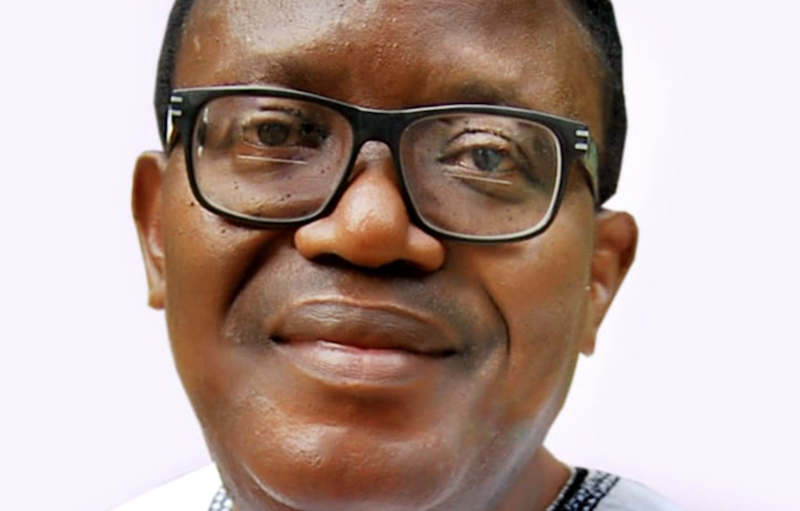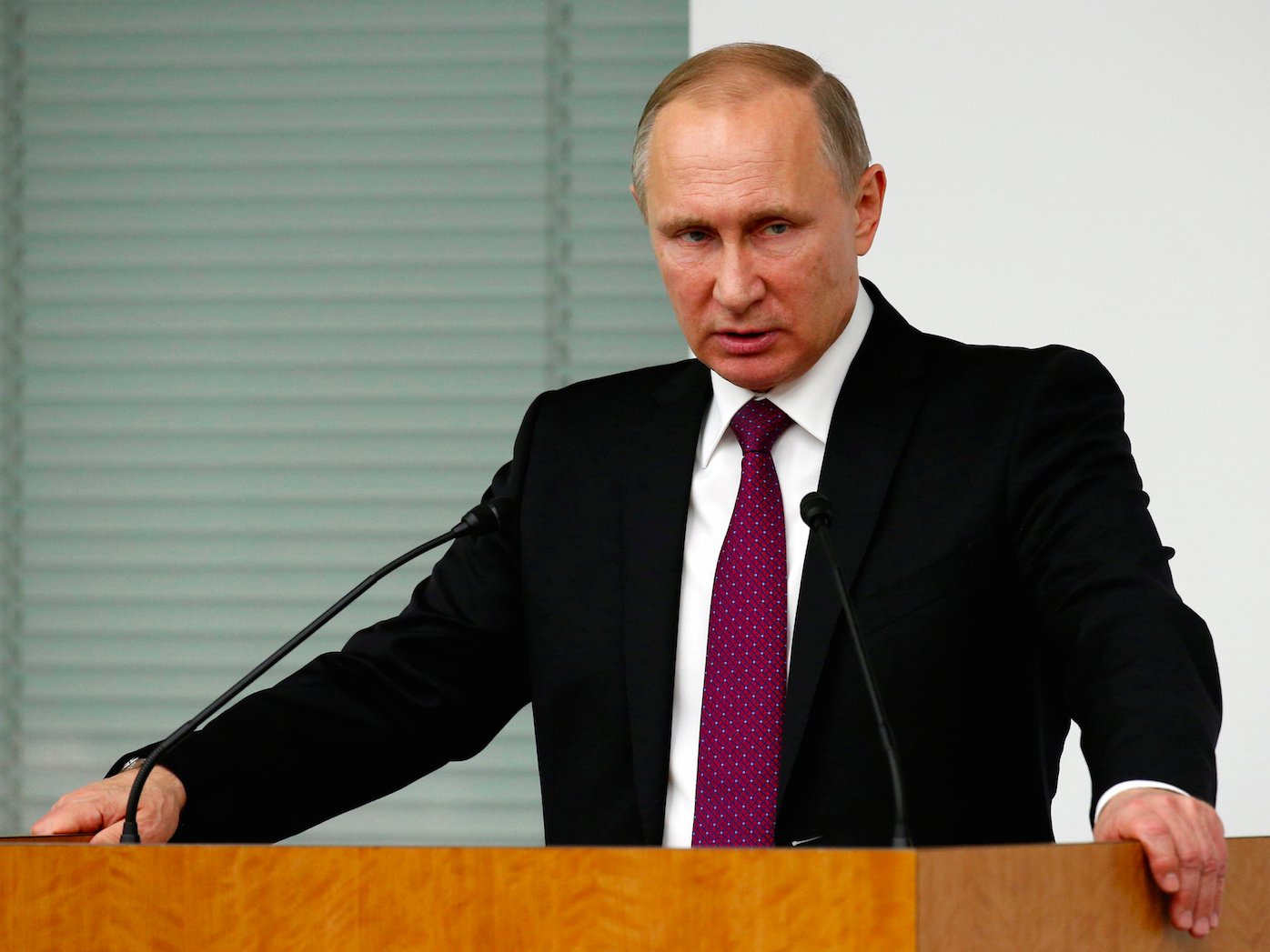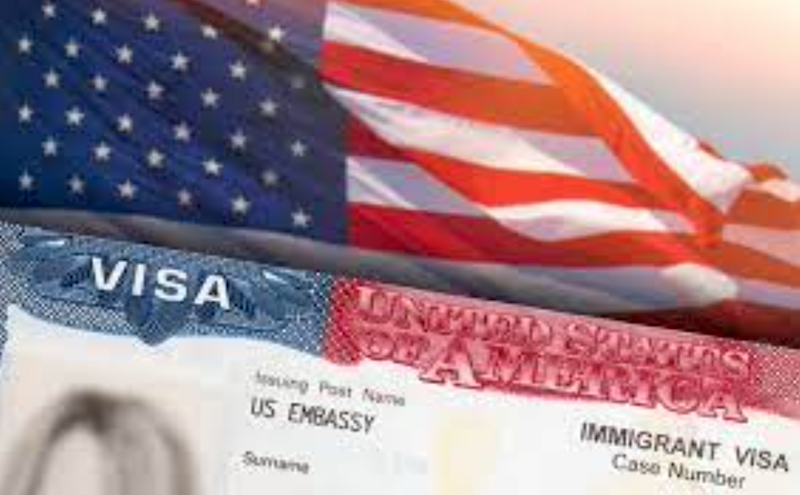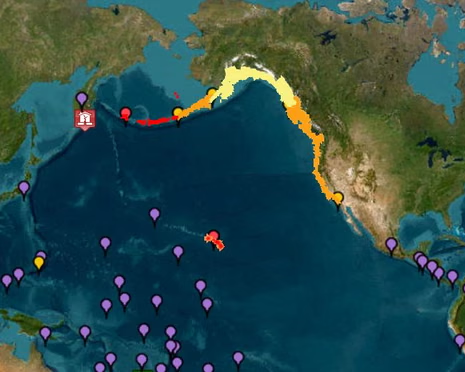The regime in the United States, US, led by Mr Donald John Trump has in the past seven months, introduced many alien relations into international relations. But when many thought it cannot get worse, the American regime is taking decisions that do not appear to be the product of a sound thought process.
Perhaps the main instrument of Trump’s alienating foreign relations policy is the weaponisation of tariffs. This was wielded like the Sword of Damocles cutting all sides, including foes like China and allies such as Canada.
In fact, the regime insists that the latter should be its 51st state, and Trump calls the Canadian Prime Minister, a Governor. But the use of tariffs had mainly been projected as an economic weapon except for some cases such as imposing a 50 per cent tariff on India for buying cheap oil from Russia. That act itself is strange because both countries are sovereign and can decide on trade between themselves.
These acts, including the regime’s desire to take over Greenland, ordering Panama to delink China from its Panama Canal business, sending migrant detainees to a third country, and advocating the forceful removal of Palestinians from their ancestral homes, and turning Gaza into an estate owned by Israel and the US, are weird.
But nothing prepared me for a tariff assault on another country not because it benefits Americans or the state, but for personal reasons!
Monsieur Trump on August 6, 2025, increased the tariffs on Brazil from 10 to 50 per cent primarily because his personal friend, former President Jair Messias Bolsonaro, is on trial and the Brazilian government would not obey Trump’s orders that the trial be discontinued.
Bolsonaro, a pathetic duplicate of Trump, also known as the ‘Trump of the Tropics’, had, in a Trump-like action, been accused of trying to overthrow the Brazilian government in 2023 after he lost his re-election bid.
Bolsonaro had been quite confident he would win the election. He was the incumbent President, a former military officer and had been a Brazilian congressman for 27 years.
In contrast, Lula had little formal education, was a metal worker and a trade unionist. He had been a two-term President before he was convicted in 2017 for money laundering and corruption. He spent 580 days in prison. Freed in 2018, he was again convicted in February 2019.
However, he fought on to the Supreme Court which, in 2021, nullified both convictions for being politically motivated, and based on bias. The Court further ruled that the plethora of similar cases against him be discontinued. With this, he was free to challenge President Bolsonaro in the October 2022 presidential election.
While the latter assumed the election would be a walk over, many Brazilian voters were conscious of the fact that Bolsanaro had caused them lots of pain, including the deforestation of the Amazon. But far more devastating, he caused many deaths during the COVID-19 pandemic. Bolsanaro had declared that COVID-19 was a scam and nothing more than a “little flu”.
He said there should be neither social distancing nor lockdown. As the infections grew and people died, the then Brazilian President held mass rallies and discouraged vaccination. Mainly as a result of what became known as the ‘Bolsonaro Effect” between February 2020 and April 2024, 38,795,966 Brazilians were infected by COVID-19, and tragically, 712, 032 died of the disease.
However, when the maverick lost the elections, he would not concede defeat. Rather, he allegedly organised his supporters to overthrow the new government. The Bolsanaro supporters seized public buildings, highways, the Police Headquarters and other public places.
Apart from these, prosecutors are charging Bolsonaro with organising a coup in which the Supreme Court justices were to be arrested, a state of siege declared with intent to make the military seize power and organise new elections. It is for these reasons he and, 33 others are standing trial.
But Trump would have none of this. He insists that his friend should not face trial, adding that he had faced a similar trial himself for the January 6, 2021 attack on the Capitol in Washington, DC.
In a letter to Lula, Trump said the punitive 50 per cent tariff is being imposed “due in part to Brazil’s insidious attacks on Free Elections, and the fundamental Free Speech Rights of Americans.”
He added: “Please understand that the 50 per cent number is far less than what is needed to have the Level Playing Field we must have with your Country …And it is necessary to have this to rectify the grave injustices of the current regime.”
Trump added: “The way that Brazil has treated former President Bolsonaro, a Highly Respected Leader throughout the World during his term, including by the United States, is an international disgrace…This trial should not be taking place. It is a Witch Hunt that should end IMMEDIATELY!”
In many cases, when Trump slaps countries or organisations with high tariffs, the victims like, the 27-nation European Union, EU, crawl to him for “negotiations”. Some even bribe Trump so he does not get angry with them. That was the case of little Qatar giving Trump a $400 million Boeing 747-8 stretch model jumbo. The aircraft is more than 18 feet longer than his official Air Force One jet.
But, in this case, Brazilian President Luiz Inacio Lula da Silva, better known as Lula, rather than pacify Trump, literally told him to go to hell. Ruling out any meeting with the American President, Lula said: “The day my intuition says Trump is ready to talk, I won’t hesitate to call him. But today, my intuition says he doesn’t want to talk. And I won’t humiliate myself.”
In a chat with the media on August 6, 2025, Lula added: “What Trump did with Zelenskiy was humiliation. That’s not normal. What Trump did with Ramaphosa was humiliation. One President can’t be humiliating another. I respect everyone and I demand respect.”
On the specific trial of Bolsonaro, Luna ruled out any concession to Trump, saying the Brazilian Supreme Court “does not care what Trump says and it should not”.
Recalling the American-backed 1964 military coup in Brazil which ousted democratically elected President Joao Goulart with some 500 Brazilians killed or disappeared, and thousands detained after the coup, Lula told the Trump regime: “We had already pardoned the U.S. intervention in the 1964 coup. But this now is not a small intervention. It’s the President of the United States thinking he can dictate rules for a sovereign country like Brazil. It’s unacceptable.”
In basing economic tariffs on parochial sentiments and seeking to punish 212 million Brazilians because of one man, the regime in Washington is seeking to climb the tree beyond its leaves; it might find itself tumbling down.








